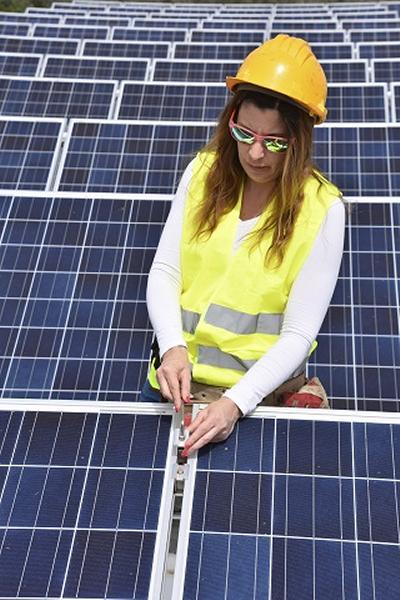
With increasing concerns over current CO2 levels and their association with climate change, research needs to establish a way to prevent further CO2 from reaching the atmosphere. Power production is the highest contributor of CO2 emissions to the atmosphere followed by industrial process and transportation. Therefore, establishing technologies that extract the CO2 from these emissions before it reaches the atmosphere is considered the most viable solution. Since various types of CO2 capturing technologies have been developed over the past decade or so, one might ask, why is it that we are still not seeing these technologies rolled out yet? Here are a couple of reasons:
- It is expensive: There are various capture types but each of them consumes up to 40% of the power that is generated within the plant itself. This reduces the available energy for end-users, e.g. the general public, which is problematic since we are a nation that is increasingly dependent on technology. Longer power plants operation could top up the energy lost in order to maintain increasing demands but this would increase the cost of energy to cover the additional production costs.
- The size of the technology: Different technologies have different size requirements. A number of them can be retrofitted to existing power plants, but space needs to be available for this. Others can only be applied to large power plants which takes time for development and construction and this is an extremely expensive route to take.
- What about the CO2? Capturing the CO2 is one thing but what to do with it afterwards is another issue. Researchers continue to focus on its storage in underground depleted gas/oil reservoirs yet there are significant cost implications which occur in the run up to this storage, like those associated with transporting it and injecting it.
So the best solution would be converting the CO2 into a valuable and reusable product which subsequently closes the cycle. This interdisciplinary research brings together leading chemists, physicists and engineers at Southampton. Clean Carbon members Dr Robert Raja, Dr Lindsay Armstrong and Dr Pier Sazio will develop a novel state-of-the-art technology that not only converts CO2 into a synthetic fuel but does so using solar energy.
Optimised catalytic active sites incorporated into photonic fibres promote photochemical conversion of CO2 directly into synthetic fuel. Alongside this, computational models and simulations will provide physical insight to evaluate and optimise photonic-fibre catalytic converter technology for synthetic fuel generation. This will subsequently support the development of a lab-scale reactor which will demonstrate the scalability of this state-of-the-art technology.
Engagement across the academic, industrial and public sectors will promote further opportunities for expansion and encourage development of early career researchers, like Dr Marco Petrovich and Dr Jacob Mackenzie who are involved with the programme. The outcomes of the programme will lead to the development not only of new knowledge but, more importantly, opportunities for impact within the energy sector.